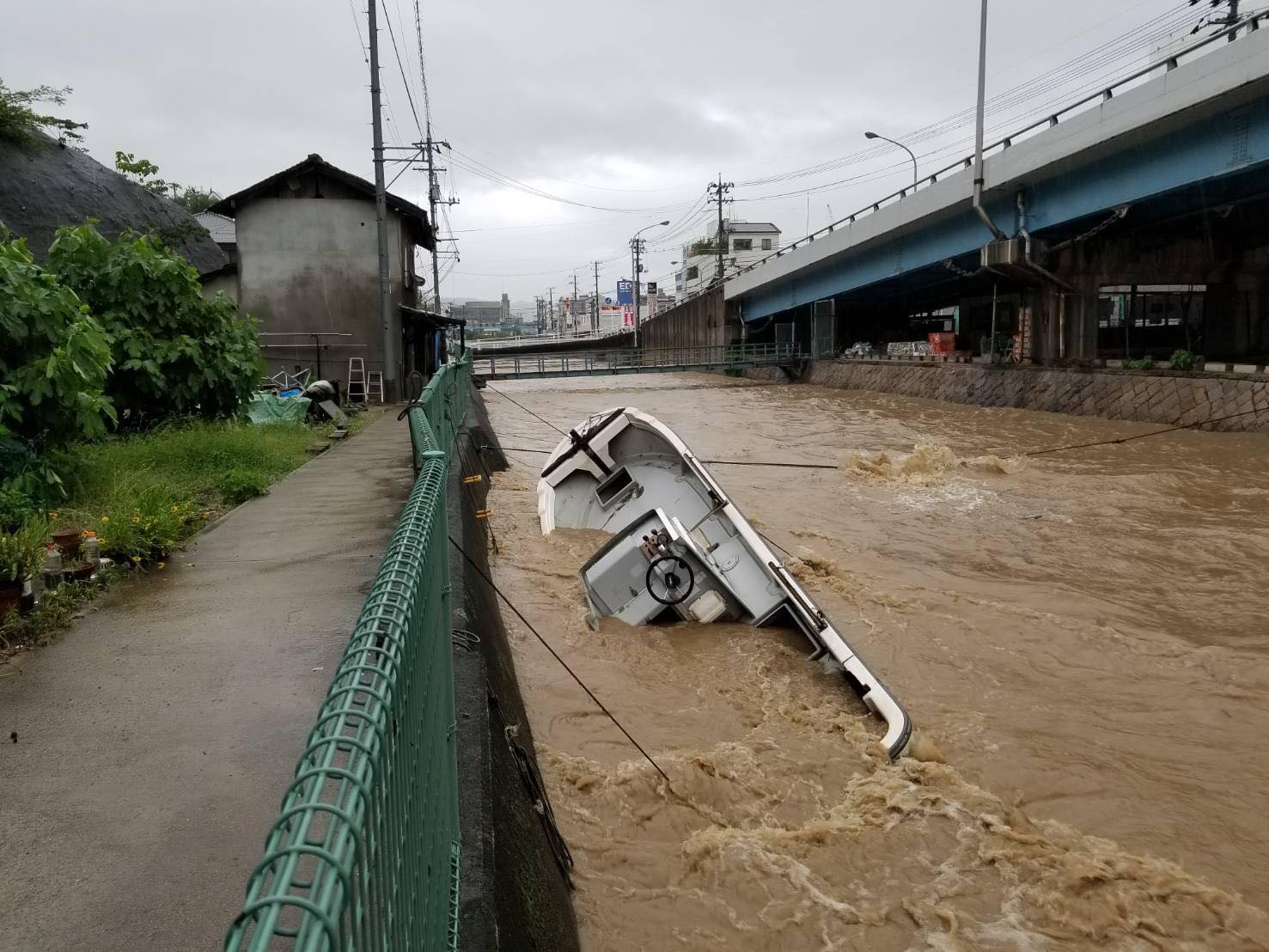Camilo A. Guerra-Tejo (Mihara)
There is no question that disasters alter our lives. Homes and cherished personal items are destroyed, places are closed, roads become impassable, and sadly lives are lost. But, after the initial event, survivors of any disaster still need to live their daily lives.
I grew up in Miami and spent over more than 25 years there, I lived through countless hurricanes even the infamous Category 5 hurricane Andrew, that completely razed parts of the city. So for me, it was common to be without power and water for a few days and even a few weeks while growing up.
What is clear from my experiences is that preemptive disaster preparedness is critically important. It can not only potentially save your life but being prepared and armed with knowledge can also assist you when disasters only disrupt your everyday life.
Below are a few tips for when the the shaking has stopped, the wind and the rain has calmed, the sun has emerged, and the flood waters have started to recede.
You are safe and have proper shelter, but you are without water and electricity. Please use the information below to help you live a more comfortable life until water and power is fully restored.
(This guide assumes you have the general minimal pre-disaster supplies, such as, portable gas stove, batteries, flashlights or lanterns, candles, and miscellaneous containers. This guide also assume have a emergency water stored and or will have access to a reliable ration (6L) of potable and non-potable drinking water.)
Cooking
Although having canned food and pre-cooked or readymade meals is much more convenient, sometimes these items are sold-out, or for dietary, religious, or medical reasons you require specific foods. Here are a few tips when cooking is required.
Wrap and cook food in aluminum foil. This will limit cleanup of cooking equipment.
If you need to cook directly on pans you can ‘clean’ cooking pans be deglazing them with cheap wine instead of using water.
Use disposable plates and cutlery. If these items aren’t available, you can cover plates in plastic wrap, parchment paper, or aluminum foil to make cleanup easier.
(As a general precaution be mindful when cooking with city gas as during some disasters gas lines may be damaged.)
Refrigeration
If you expect your power to go out make extra ice or purchase icepacks to keep your fridge cool longer. After a power outage, only open your refrigerator when you absolutely need an item.
Cleaning & Washing Up
Purchase a spray bottle. The misting can help conserve water while washing dishes and other cleaning tasks.
The bottle can also help conserve water when washing your hands and face (if not using alcohol foam or cleaning wipes).
As an additional tip, in a pinch you can use vodka to disinfect surfaces and the inside of bottles.
Laundry
Fill-up your washing machine.
You may be able to use or repurpose this water in the event your water is shutoff. Remember this water is not potable (drinkable).
Also, if the disaster is expected (such as a typhoon) try doing laundry before so that you have clean clothes ready in case both power and water become unavailable.
After unexpected events where you are left without water. Assess what clean clothes have and what you need.
Consider preparing a washing station with a container to wash essential items by hand.
Restroom
Fill-up your bathtub – You can use the water to fill up your toilet tank, cleaning, or you can disinfect it for drinking.
To make water potable, disinfect with bleach (6 or 8.25% of sodium hypochlorite). Do not use scented or color safe bleach.
Add 2 drops of bleach per quart/liter and let stand 30min to an hour before drinking.
More information on using bleach to treat water can be found here.
Using a Toilet
To save water from each flush, you can displace the water in your toilet tank by placing something inside it (a medium to small stone, or filled PET bottle). Be careful as to not impede the mechanical operation with the item you placed inside the tank. The best time to test and experiment with this is before a disaster.
You can fill your toilet tank with the water saved after washing clothing or bathing (grey-water).
In any event, it is a good idea to setup a method to use sanitary bags for your waste when nature calls. Be sure to properly store and then dispose of the waste.
Showering
A spray bottle and watering can can be quite useful to only use minimal amounts of water to clean yourself.
An additional note.
Smartphones in Japan have emergency message board apps and emergency power saving modes. Get familiar with these apps, services, and phone modes of operation. They are incredibly useful to stay connected for as long as possible when the electricity has been interrupted and wireless services are down.
Hopefully we will not have to experience life altering experiences that leave us without water or electricity and that if we do they are few and far between. But in any event, it is always a good idea to be mindful and prepared. Stay alert and safe out there.
Camilo is a fourth year JET in Hiroshima Prefecture. He spends too much time with DIY projects instead of studying Japanese.




